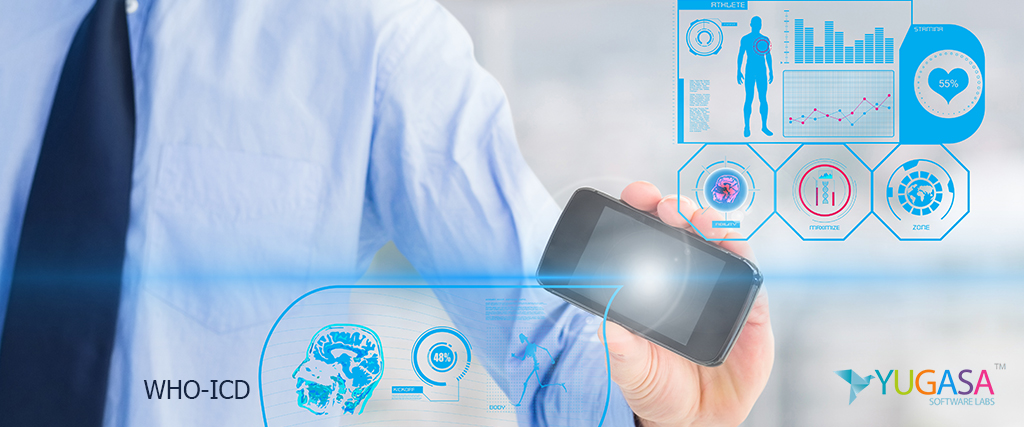ICD and its use in Health Apps

Health Apps: ICD stands for International Classification of Diseases which is a globally accepted database to help in standard diagnose of a disease. It is like a common language for reporting and monitoring Mortality and Morbidity Statistics. It is used by multiple organizations and institutions for health management and clinical purposes. Different from its famous abbreviation, the actual full form of ICD is International Statistical Classification of Diseases and Related Health Problems.
World Health Organization maintains ICD records and keeps updating it time to time. This database is indeed a health care tool which intends to classify diseases with the help of diagnostic codes including a wide variety of signs, symptoms, complaints, social circumstances and abnormal findings.

System has been designed to group human health conditions under generic categories with specific variations. Upto six characters long codes have been assigned to these health conditions. Thus, major categories in ICD database include a set of similar diseases. WHO publishes this ICD database for open use by everyone worldwide and researchers and companies have been utilizing this information for the purpose of deriving different types of statistics and to automate the health related decision by machines or apps. This data indeed is a major project which classifies global health disorders, and can provide diagnostic assistance.
WHO has been maintaining the whole data since 1893 and publishes the updated version of the data periodically. Current and the most updated version of this data is ICD11. This revised version has been published in 2018 and is still in its Beta stage. Users can register on ICD portal to start accessing the data. Platform provides compilation into 43 languages and is used by all member States. WHO allows experts to contribute in updating of ICD records by making comments and suggestions in ICD units.
This is possible by appearing as contributor on an online platform as appointed reviewers or language translators. Such contributions after submitted by participants get reviewed by field experts. WHO also invites participation from researchers and health care providers for reviewing such submissions under a group named RSG.
Yugasa has been utilizing this immense source of information while developing health related mobile and web apps for its clients. We have used APIs of the source and have displayed the relevant content inside the apps to let users or practitioners use this information while exercising different features of the app. We strongly recommend using ICD11 data in apps for automating lot of features in any health domain app.
